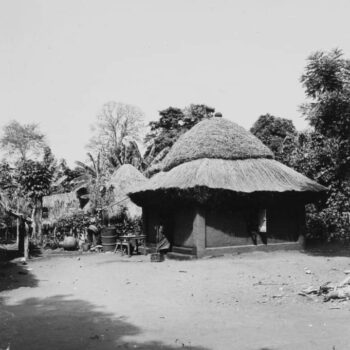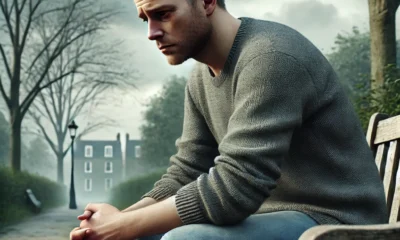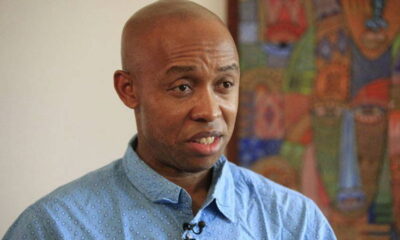Opinion
In Igbo cosmology, God does not create human beings: Azuka Onwuka

Yes, in Igbo cosmology, God is not the creator of human beings as is found in the Christian or biblical story of creation.
He also does not decide the destiny of human beings or when human beings should die.
The creator of human beings in Igbo cosmology is chi, which Achebe translated as “personal god”. Each person has his or her own chi. Even animals have their own chi.
Each person is created by chi. Each person’s chi is different.
That is why Igbos say: Otu nne na-amụ ma otu chi adịghị eke (One mother may bear different children but one chi does not create them.)
Whether a person excels in life or not does not depend on God’s favour. It depends on the person’s chi. That is why the Igbos have names like Chinwoke and Chijioke (chi is in charge of sharing or allocating fortunes.). That is why any time something bad happens to an Igbo person (including the staunchest Christians even today), the person would exclaim: “Chi m e gbuo m ooo!” (My chi has “killed” me!).
In fact, before the chi creates a person and sends the person into the world, the person and the chi will sit down and have a
tête-à-tête. It aligns with the democratic ideology of the Igbo people. It is at that parley that the person’s fate is determined. That is where it is determined how long the person will live, where the person will be born, what the person will be, etc.
That is why whatever happens to a human being, Igbos will say: “Ọ bụ otu ya na chi ya siri kpaa (That is what he/she and his/her chi agreed.)
People are encouraged to strive for success in life. That is why the Igbos say: Onye kwe, chi ya ekwe (If a person says yes, the person’s chi will concur.) But each person is like an animal held on a leash by the person’s chi. The animal can play, run and jump within the length of the rope, but not beyond it. Therefore, nobody can rise beyond what his/her chi has determined for him/her. That is why it is advised that when people have done their best but their chi says no, they should not be blamed (O mebere ma chi ya ekweghị, onye ụta atala ya). Sir Warrior used it in his great song Nwanne Awụ Enyi.
Any time a person is due to depart from this world in line with the prenatal agreed length of time with the person’s chi, the chi will kill the person. Once the chi decides to kill the person, nobody can stop it. If there is a conspiracy against a human being but the person’s chi is not agreeable to it, that plot will not succeed.
That is why the Igbos say that whatever conspiracy against a human being is futile if the person’s chi is not part of it.
It is also believed that a human being can fight a monster with 20 heads and win but no human being can fight his or her chi and win. That is the crux of the story of the great warrior Ojaadili in Igbo folktales. He fought the strongest beings on earth and won. He went to the land of the spirits and defeated all the spirits. Then the spirits had a meeting and decided to disguise his chi as a frail-looking opponent and set before him. His flutist saw the plot and begged him to flee. But the arrogant Ojaadili refused and said that he had defeated ferocious beings and spirits. “Why should I flee from this tiny opponent?” he asked. But when the fight ensued, Ojaadili’s disguised chi picked him up with a finger and smashed him on the ground. That was the end of the great warrior Ojaadili, and an eternal warning passed on from generation to generation that people should never wrestle with their chi.
Interestingly, the Igbos say: Onye ka mmadụ ka chi ya (Whoever is greater than another is greater than that person’s chi.) That is why the Igbos say: Onye na-arọ onye ka ya anya na-eme ya nkiri (Whoever is eyeing his/her superior is merely admiring the person.)
Finally, the Igbo cosmology has no angels or devils. It has chi ọma and chi ọjọọ (good chi and bad chi). Each person can have a good chi (chi ọma) or a bad chi (chi ọjọọ). If a person meets with too much ill luck, the person is told to reject his/her chi, die and come back to life with a brand new chi.
© Azuka Onwuka
July 14, 2024
































